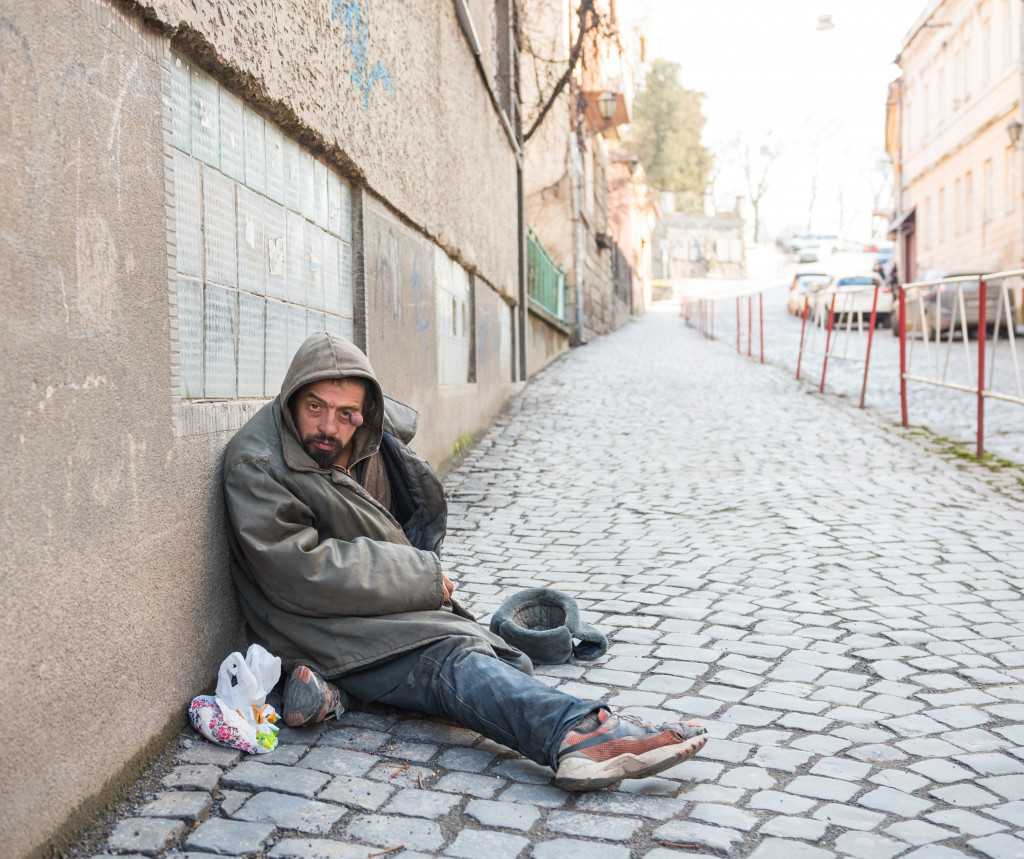Low loan rates have been a significant factor in rising house values, particularly in recent years. It becomes cheaper to finance a house when interest rates go down, encouraging more would-be homeowners to buy. Because of this rise in demand, house prices tend to go up in the long run. Since housing prices are so high, more individuals are looking for low-interest home loans to help them buy a house.
Many young people in American cities and towns live on the streets without a place to call home and must fend for themselves. Nearly 1.7 million young individuals under the age of 18 who are without parental, foster, or institutional care are found to be runaways, according to research on the common characteristics of runaways. Because young people between 18 and 24 are not included in this calculation, the total is likely to be higher. Many young individuals also refuse to seek assistance, are untraceable, or vanish.
Here are the problems the homeless have to deal with daily:
1. The lack of access to food and housing
There is nowhere for those who are homeless to call home. These individuals can be those sleeping on the streets or in abandoned buildings or even those staying on the couches of friends or relatives. Those who are homeless will find it much more challenging to get back on their feet if they suffer from housing instability and food insecurity.
2. Uncertainty about their financial future
There are a large number of individuals who are homeless because they have a job. However, they can only get money on rare occasions, adding to the anxiety of being a homeless person. Because of this, it’s more challenging to save money to rent an apartment or a house.
3. Unavailability of affordable healthcare
Healthcare is more difficult to acquire for homeless people since they do not have a regular source of income. As a result, going to the doctor, dentist, or receiving essential medical care can be too costly for many people. Because homeless people do not get adequate medical care, their illness and health problems are more likely to worsen.
4. Uncertainty about basic needs

When someone is homeless on a long-term or occasional basis, their fundamental necessities can be unmet. Water, food, and shelter are never guaranteed daily. Homeless people can find it more difficult to recover if their basic human needs are not fulfilled.
Although the world of the homeless can appear far away, it is very close. When a loved one is sick, dies, or suffers a severe physical impairment, it is easy to sink into depression. People at shelters throughout the country have suffered personal traumas, such as losing their homes or being abandoned by family and friends. What are you able to perform to assist them? Even the simplest deeds can have a significant impact.
- Help debunk misconceptions about the homeless by understanding who they are. Learn about the many causes of homelessness and keep in mind that each case is different. To assist someone, you must first recognize them as a person and discover what they need. Pay attention to them and engage with them. Most people are desperate for somebody’s attention.
- Learn about long-term strategies to eliminating homelessness so you can help the homeless.
- Pay attention to each homeless person as an individual. Don’t treat homeless individuals any differently than you would your family, friends, or coworkers. Put yourself in their shoes if you need help and treat them with respect.
- We can significantly impact their lives by treating them with compassion rather than ignoring or dismissing them. Try smiling and saying something kind to someone.
- Lists of possible shelters should be developed. If you have a list of local shelters with you, give it to the homeless if you see them. The phone book provides information about covers.
- If you’re going out, pack some snacks like other sandwiches. If you see someone asking for money, consider giving them a snack. Pack a bit extra food if you’re bringing a lunch. If you’re going to dine somewhere, make a point of ordering something to go.
- Donate money. Giving money to the homeless is one of the most straightforward methods to help them. Funds raised via charitable donations go a long way toward helping the homeless.
While governments regularly offer assistance to the impoverished and homeless, many do not have programs that provide money and other services to people who can lose their homes soon unless something is done about it right now. Families foreclosed on or evicted pay a high price in terms of financial hardship and personal suffering. Participate in making a difference and provide a hand.




